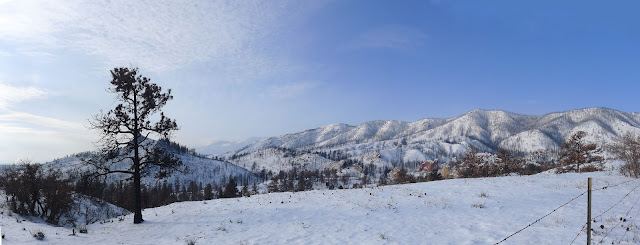I've read a lot of books, and a lot of other small readings in course packets or chapters out of books. I'm a slow reader, that needs time and no distractions to really read. So some of these books I may have skimmed through, and others really read. But I will share them with you and make a few recommendations. I read a few more than what is on this list, but since we are only doing 12, I thought I'd put the ones I liked best.

1.
East of Eden - I started reading this around Christmas time last year, and worked my way through slowly through it during the spring. A MUST read classic by John Steinbeck.
2.
Love Wins by Rob Bell &
Erasing Hell by Francis Chan- I'm putting these two together, because they are both about heaven and hell, and one in response to the other. I honestly didn't really think either book was that great, but I thought they would be good to read since there was so much commotion (especially from Love Wins). There were a few good points that I liked, particularly made about heaven in Love Wins, but over all there were a bunch of posed questions that, weren't really answered or I thought dealt with in the best way. I think if reading both of these books together it could leave many readers confused for various reasons, one being that they both seem to use scripture as their backing for their points, and their points are both very opposite. They were also written in such a way that made it sound as if these ideas had never been thought of or these questions asked before. The doctrine of heaven and hell have been thought about for hundreds of years before these books were written, and I think looking at past writings might provide more fruitful study if you are interested in talking about heaven and hell. These two pop-Christians culture books by two famous pop Christians culture authors, I think are worth reading if you want to talk about them. But I heard a lot of conversation condemning both without people even having actually read the books. It's definitely good to ask hard questions, and definitely good to talk about them, but we have to do it in community, looking at context with other historically respected authors and most importantly with Christ and the Word of God at the center.


3.
Abandoned To God by David McCasland- A Biography on Oswald Chambers. AMAZING! He was an incredible man (and his wife Biddy too!) Great examples of what it means to trust God. My Utmost for His Highest is also something I've read involving Chambers, as it is a compilation of his teachings and sermons.
4. The Damnation of Theron Ware by Harold Frederic- a very bizarre but interesting book about a young methodist pastor who becomes obsessed with temptations in the world.
5. Who is this Man? by John Ortberg - a more historical look at Jesus Christ, and his impact in the world not just in the Christian, salvation sort of sense but even just in how society changed with his coming.
6. Celebration of Discipline by Richard J. Foster- great great book on spiritual disciplines.
7. Humility-true greatness by C.J. Mahaney

8.
In the Name of Jesus by Henri Nouwen - A superb little read on reflections of what it means to be a true Christian leader

9.
Discipleship- by Dietrich Bonhoeffer - I read a section out of this book, on the church and for a big paper I wrote in my Christian Theology class. It was so good. I have read life together, but this was also really excellent writing on what the call of discipleship really is.

10. The Heavenly Man - the story of Brother Yun, a major underground church leader in China. I'm still reading this one, but it is an incredible story of how God reveals himself in miraculous ways, and how the obedience of this one man to preach the Gospel brought thousands and thousands of people to the love of Jesus.

11. A little exercis for young theologians by Helmut Thielicke- a pretty dense little read, warning of the pitfalls studying theology can bring and thoughts on how to avoid them.

12. After the End of Art by Arthur C. Danto - Very complicated and hard to understand art theory book speaking about modern and postmodern/contemporary theories.










































